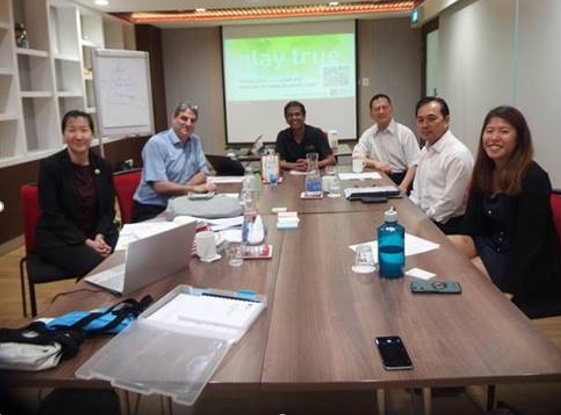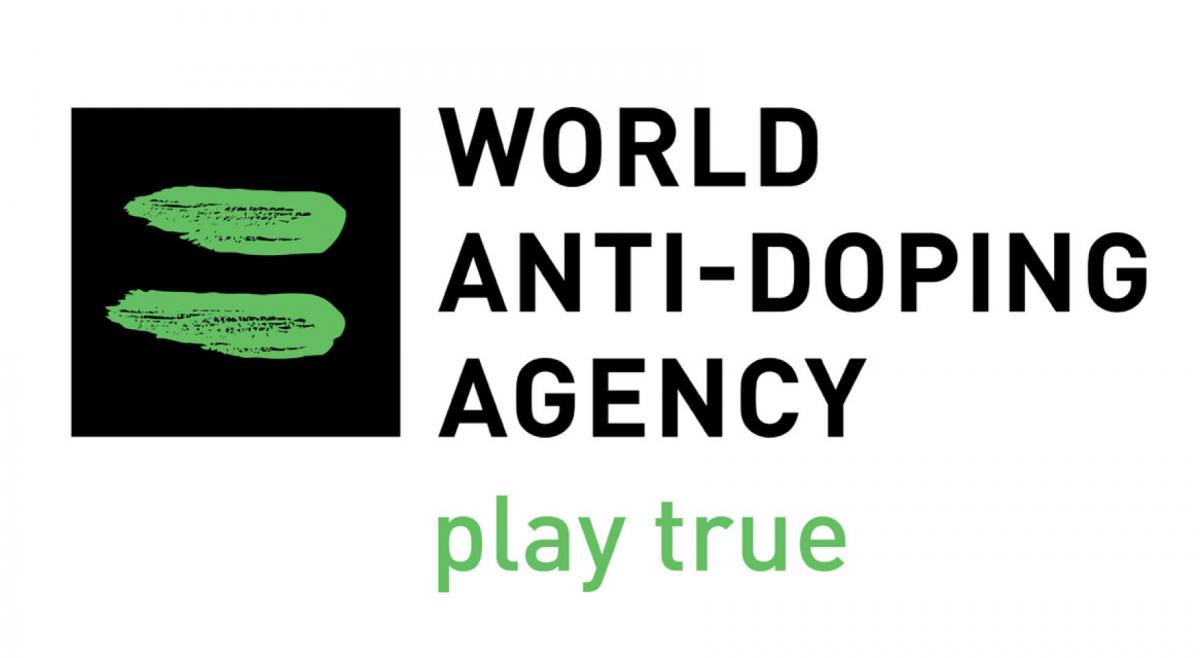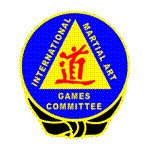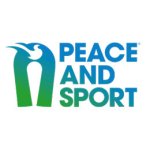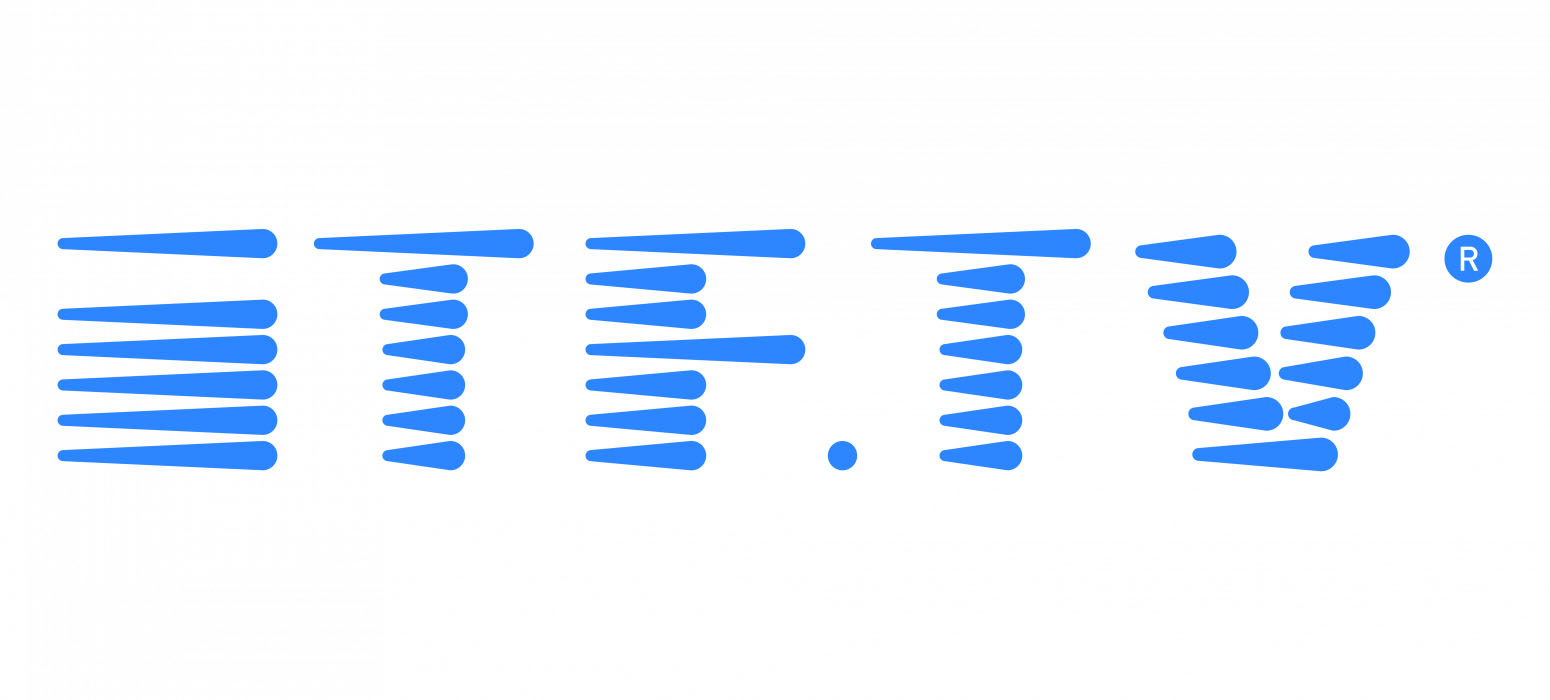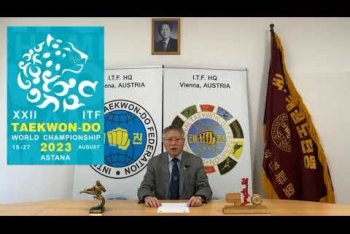International Taekwon‑Do Federation
NEWS
FIRST MEETING FOR WADA COMPLIANCE
1. The first meeting for WADA compliance for the ITF was arranged in Singapore from the 30th of November 2019 to the 2nd of December 2019.
2. Prof. Dato Dr. Grandmaster Leong Wai Meng, Master Francis Ting, Mr. Shai Shimshoni had kindly travelled to Singapore for the purposes of the meeting. We had the kind assistance of Mr. Gobinathan Nair, the Director-General of SEARADO and his intern, Ms. Paulina. We were also acquainted with Mr. Abdul Salim, a lawyer with experience on sitting on the Hearing Panels as structured in the WADA program. Ms. Chen Weiling was appointed / elected as the Chairperson.
3. We had achieved the following objectives during the weekend meeting:
- (a) To achieve a big picture of the rule structure in the WADA program with the assistance of Mr. Gobinathan;
- (b) To peruse, review and complete the CCQ or to plan, arrange and consult other persons with the appropriate expertise to answer the CCQ;
- (c) To plan and propose the setting up of a multi-disciplinary team for the ITF Medical & Anti-Doping Control Committee;
- (d) To review and commence answering of the CCQ; and
- (e) To make the recommendations for the purposes of the compliance of the WADA program.
4. Mr. Gobi was very helpful in providing a general picture of the WADA program and its codes and regulations. Mr. Gobi had shared:
- (a) that immediate compliance is not possible, however, a starting point would be the understanding of the WADA program, and completion of the CCQ;
- (b) the big picture of the WADA Code and its documents;
- (c) many case studies and individuals that have been found to dope unintentionally because they had accidentally eaten food, traditional medicine or supplements with substances in the Prohibited List;
- (d) how urine samples are collected and the process;
- (e) that an organization need only test according to their budget and is subject to discussions with WADA;
- (f) the general results management process;
- (g) that there are new model rules coming up for different organizations (including International Federations), whereby our ITF Anti-Doping Rules will have to be further amended; and
- (h) the CCQ.
Mr. Gobi had offered to send some forms to assist in the setting up of the processes.
5. Having had the benefit of the macro view provided by Mr. Gobi and through a quick perusal of the documentation, we provide a general summary of the entire WADA program below.
6. The WADA program consists of:
- (a) a Code;
- (b) International Standards and Technical Documents; and
- (c) Models of Best Practice and Guidelines.
As you would have been aware, there are a lot of documents to abide by in order to be compliant with the WADA program.
7. However, the rules are generally divided into mandatory rules and guidelines. The Code and International Standards and Technical Documents are mandatory and the ITF must comply with the rules in those documents. The obligation to complete the CCQ falls in the International Standards for Code Compliance. Guidelines, however, are structured to assist organisations with the compliance with the Code, International Standards and Technical Documents, and are not mandatory.
8. All the offences are contained in Article 2 of the Code. A brief summary of Article 2 is as follows Prohibited Substances are listed out and the list is reviewed and published every year.
9. In order to test, investigate enforce and ensure fairness in hearings and consequences, many other rules are created to make sure that Article 2 is effective. The rules are categorized in the following groups, as seen in the documents and the CCQ:
- (a) ADAMS, Budgeting and Reports: This generally requires ITF HQ to plan a budget for the purposes of implementing the WADA program.
- (b) Testing and Investigations: This involves a big section of rules and regulations on how to collect samples, send them for testing and do investigations.
- (c) Result Management: This is divided into rules on what an organization should do before a hearing, during and after a hearing.
- (d) Therapeutic Use Exemption: This is a mechanism where a person who has good reasons to require the medication which may be or may contain a prohibited substance can obtain an exemption such that he or she will be allowed to use the same without committing an offence in Article 2.
- (e) Education: This requires ITF to educate its members against anti-doping.
- (f) Data Privacy: This requires ITF to respect data privacy of individuals.
DISCUSSIONS DURING THE MEETING
10. Following Mr. Gobinathan’s presentation, he had excused himself from the meeting, to which discussions between Grandmaster Leong, Master Ting, Mr. Shai and Ms. Chen had commenced.
11. We had agreed that the completion and submission of the CCQ, whilst deceptively easy, will require the implementation of a lot of processes. On this basis, it was agreed that the Committee is currently too small for the following reasons:
- (a) Master Ting and Ms. Chen Weiling can assist with the Result Management category, which consists of the management of the results before the hearing and after.
- (b) Mr. Shai has agreed to assist with the Therapeutic Use Exemption and part of Testing and Investigations. Mr. Gobi had informed that Testing and Investigations rules are onerous, and Mr. Shai would not be able to do so alone.
- (c) However, we would require assistance for the other categories with the following expertise:
- (i) Testing and Investigations: Mr. Gobinathan has offered to link us up with a Ms. Nazimah from Malaysia to assist with training an individual on Testing and Investigations. It would be preferable for a person with a background in investigations to lead this initiative.
- (ii) Education: Mr. Gobinathan has offered to look into this to see how he may assist us. However, ultimately we should have a contact person for Education within the ITF – preferably with a teaching background. We would suggest that a session be held to train trainers internationally on the WADA program.
- (iii) Data Privacy: As testing, investigations and hearings are generally intrusive into privacy, a separate individual should be appointed to oversee data privacy of individuals. Such individuals are typically a lawyer, a risk manager and/or an individual with knowledge of, or at minimum the assistance of Information Technology systems that may safeguard such data.
- (iv) Administration: The general administration of the WADA program is likely to be onerous. As such, the ITF should consider appointing a full-time individual working in the ITF for this purpose.
- (v) Volunteers: For the purposes of amassing samples, Hearing Panels (with legally trained persons) and Therapeutic Use Exemption Committee (“TUEC”) doctors, a list of volunteers will have to be amassed to carry this initiative through. Specifically in relation to the TUEC, we would require a comprehensive list of doctors from different fields, namely:
- endocrinology;
- cardiology;
- respiratory;
- musculoskeletal / orthopaedic; and
- psychiatrist.
12. The discussions also noted the following points:
- (a) The administrative arm, that is, this Committee, cannot be the same arm who investigates and prosecutes, and hears the cases.
- (b) There will have to be a review of the ITF Constitution, By-Laws and the Anti-doping Rules to ensure compliance with the WADA program.
13. With that, we had perused and discussed the Results Management and Therapeutic Use Exemption sections of the CCQ. We had completed the Results Management section and the section on Therapeutic Use Exemptions.
14. We will be extracting the CCQ in a document for ITF HQ’s review before submission into the system. We would require ITF HQ’s responses in relation to the budgetary related questions.
RECOMMENDATIONS AND PROPOSALS
15. We propose to
- (a) send ITF HQ the draft responses to the CCQ before 28 February 2020, pending and subject to our contact with the relevant expertise, and to seek Mr. Gobinathan’s view on some queries on the same.
- (b) if we are able to find the relevant expertise on time and finalise the amendments to the ITF Anti-Doping Rules, we target the submission of the CCQ to WADA by 30 June 2020.
16. We recommend the review of the ITF Constitution, By-Laws and Anti-doping Rules to ensure compliance with the WADA program.
17. We recommend that ITF to write to all NGBs to adopt the ITF Anti-Doping Rules, which has been done by Professor Kim Sung Hwan on 21 November 2019.
18. We recommend expanding the Committee to cover the positions indicated in paragraph 11(c) above. We propose that ITF HQ requests for volunteers through all ITF NGBs to join the Committee (or make recommendations for the same) for:
- (a) Testing and Investigations;
- (b) Education;
- (c) Data Privacy;
- (d) Lawyers;
- (e) Doctors; and
- (f) Nurses.
To ensure impartiality, we recommend that volunteers are from every continent or region.
19. We recommend an additional menu in the ITF website for the ITF Medical & Anti-Doping Control Committee to host documentation for athletes (for example, for forms for Therapeutic Use Exemptions) and links to WADA websites and other relevant bodies. The Committee would need a direct contact to the IT personnel in HQ for the purposes of uploading documentation.
20. We would suggest that if possible, when the process is more confirmed, that an administrative personnel be appointed to address anti-doping issues.
21. A documented procedure in the form of standard operating procedure or manual with time frame where relevant, especially on the process of results management and bank of standard forms will have to be reviewed and drafted with ITF logo after the CCQ.
22. Further, ITF should outsource to independent/private companies/institutions that provide professional services on sample taking, testing, etc.
14 December 2019
ITF Medical and Anti-Doping Control Committee


